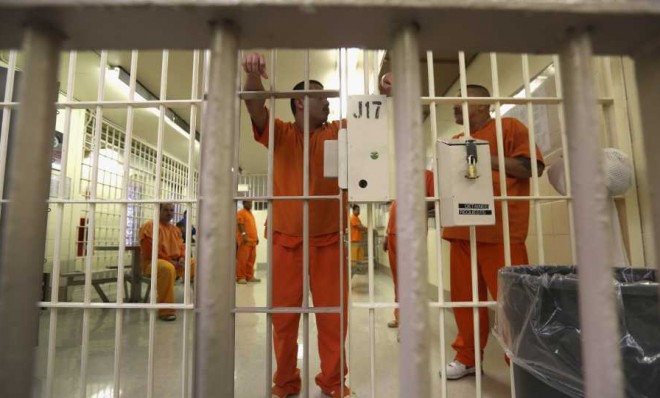Europe's boneheaded decision on life sentences without parole
A human rights court declares that life sentences without the possibility of parole are "inhumane and degrading"

A free daily email with the biggest news stories of the day – and the best features from TheWeek.com
You are now subscribed
Your newsletter sign-up was successful
It's one thing to oppose the death penalty… but the European Court for Human Rights apparently believes that life without the possibility of parole is also cruel and unusual. Or, to use the court's language, inhumane and degrading treatment: "The court found in particular that, for a life sentence to remain compatible with Article 3 [of the European convention on human rights] there had to be both a possibility of release and a possibility of review."
It's difficult to figure out what bodies of law or precedent this purportedly legal body looked to to discern the meaning of "inhumane and degrading." It certainly is not history, nor is it the European convention on human rights, because, well, it's been around a bit and the court is only now coming round to making this rather remarkable declaration. Even applying the modern "evolving standards of decency" test, which the Supreme Court of the United States uses to measure the propriety of a punishment, one has to wonder whether there is a society on Earth where more than a small minority of people believes that no crime exists that is so reprehensible that the perpetrator at least ought to go to jail knowing that he has no hope of ever being a free man again.
If you want to know why many Americans are fundamentally suspicious of international law and the tribunals that purport to enforce it, this decision offers a good example. There are legitimate arguments to be made about imposing life sentences on minors (see Frontline's "When Kids Get Life" for a fantastic look at the problems), but the idea that a convicted murderer must always have the opportunity to win his freedom no matter the circumstances is a startling proposition.
The Week
Escape your echo chamber. Get the facts behind the news, plus analysis from multiple perspectives.

Sign up for The Week's Free Newsletters
From our morning news briefing to a weekly Good News Newsletter, get the best of The Week delivered directly to your inbox.
From our morning news briefing to a weekly Good News Newsletter, get the best of The Week delivered directly to your inbox.
The vast majority of Americans may laugh and shake their heads at those crazy Europeans and their strange ideas about justice, but the people of Great Britain have to actually worry about this decision having some influence on their criminal justice system since they are theoretically subject to the jurisdiction of the European Court for Human Rights. If I lived in the U.K., I'd be dialing my MP right about now.
A free daily email with the biggest news stories of the day – and the best features from TheWeek.com
Jeb Golinkin is an attorney from Houston, Texas. You can follow him on twitter @jgolinkin.